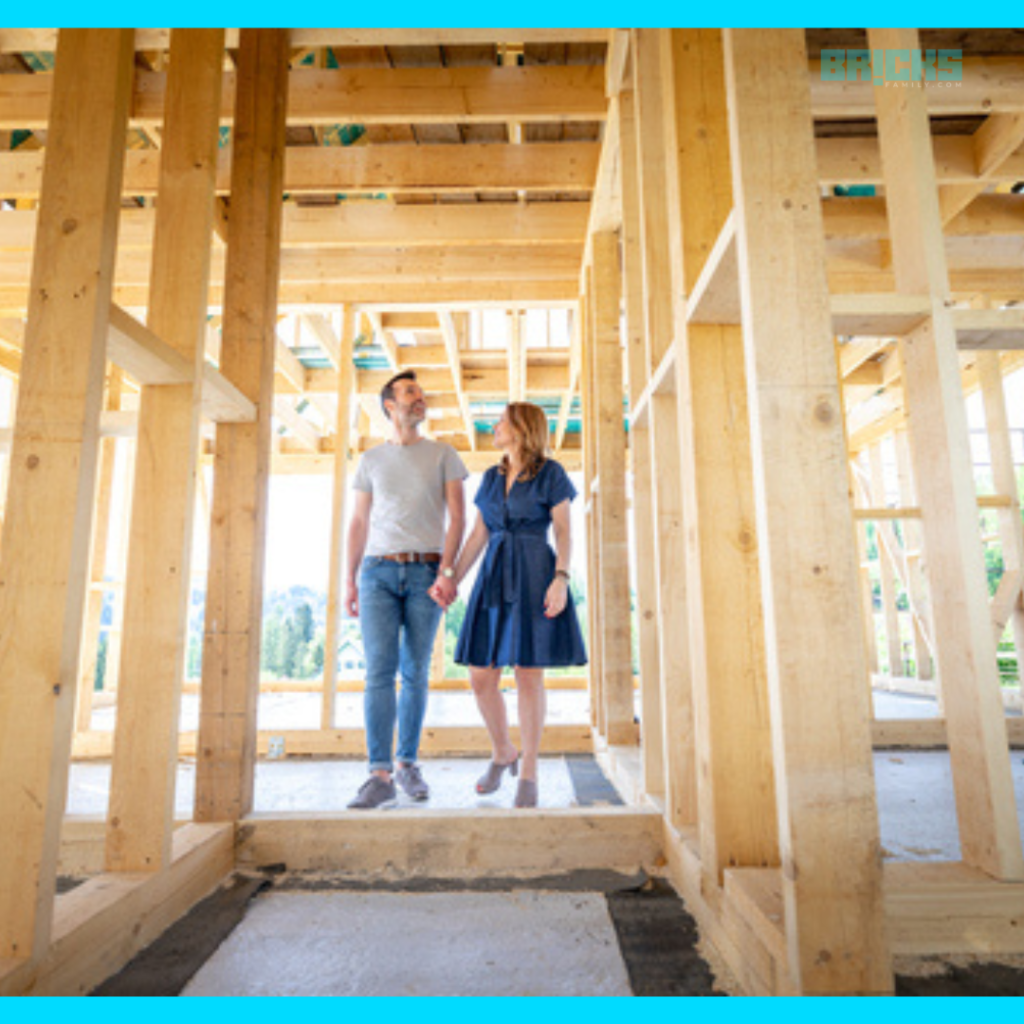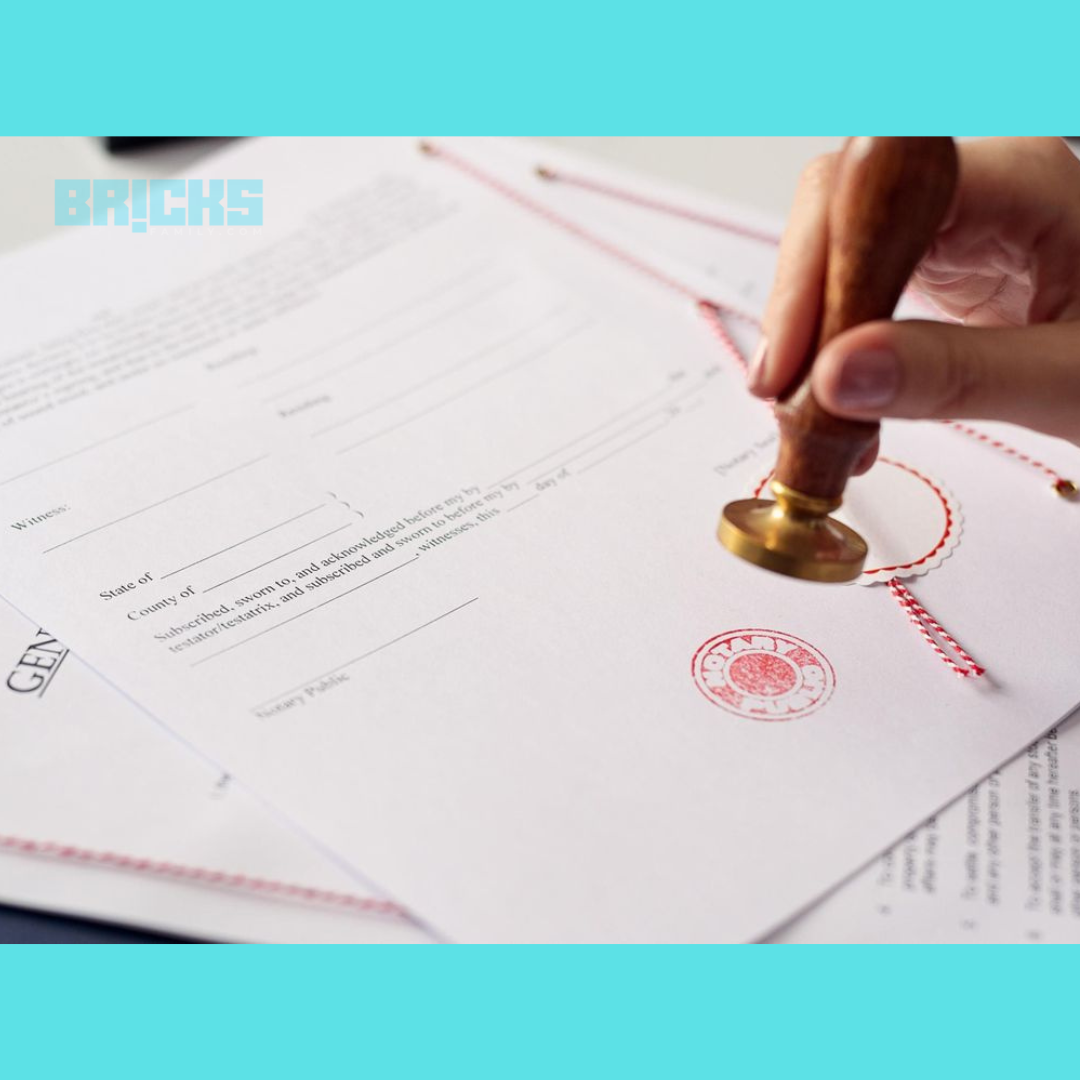A building still being built offers several advantages and challenges when bought or sold. To make this procedure simpler, check the things to watch out for ahead. Let’s see Things To Know When Buying and Selling Under-Construction Buildings.
Real estate investors are becoming more interested in buying property early in the development process to profit from the sale of the unit. However, transferring or selling a property while it is still being built might be difficult due to the involvement of several parties.
A few factors that could influence the transfer of property for a building still under construction include the builder’s reputation, the buyer’s history with house loans, the condition of the project’s construction, the mode of payment, and the transfer costs. The seller is typically ignorant of the challenges involved in selling a house. The difficulties of selling a property that is still being developed are largely unknown to the seller. The situation is even more confusing when the occupancy certificate has been given, but the property still needs to be registered.
Transfer Of Building Under Construction

Normally, a tri-party transfer document is used to transfer the assets of a constructed structure. The builder acts as the confirming party in this scenario, and the seller and the buyer sign the deed. We will see Things To Know When Buying and Selling Under-Construction Buildings.
The bi-party transfer process is as follows:
- After finding a buyer, the seller gets in touch with the builder.
- The builder gives the new buyer a No Objection Certificate (NOC), stating that he has nothing against them taking possession.
- The seller and buyer sign a sale agreement or transfer deed based on the NOC.
- A copy of the sale contract is given to the builder by the seller.
- The builder’s records are updated with the new ownership.
Engage a Mortgage Consultant
Three parties are involved in the most straightforward scenario for a construction-related property transfer. When both the buyer and the seller wish to use a home loan, it gets considerably more confusing. The builder, the seller’s lender, the buyer’s lender, and the seller are all parties to this process. The possibility of having two loans on the same house might make a seamless sale difficult. Thus, hiring a mortgage specialist is advised. Here is the Things To Know When Buying and Selling Under-Construction Buildings.
Pick the Proper Moment
To register profits, you must pay capital gains tax on the profit if you sell your real estate asset. Currently, short-term capital gains are frequently taxed at a higher rate since they are added to the seller’s income, but long-term capital gains are taxed at a flat 20 percent rate. Nevertheless, the government offers several choices to reduce one’s long-term capital gains tax obligation. Ask your agent when the time of the year will produce the greatest tax savings or profit. You shouldn’t object to paying the increased tax if your location’s cost of real estate is anticipated to increase. However, because the market is unpredictable, experts recommend doing the opposite.
Set a Fair Price
The prices of surrounding resale houses should often be investigated before pricing your own. Avoid depending on the builder’s offered new property price chart. A builder may set a high unit price to suggest that his project offers a higher yield. Try to evaluate the property from the buyer’s viewpoint to gain a better understanding. You can always seek an agent’s help in setting the price.
The Indian government is acting to protect would-be homebuyers from scams. This has made it easier to finance construction projects without worrying about going broke. The beginning of new projects has made it profitable to buy a home in a building still being constructed.
There may be delays in the construction work, but this needs to be made clear. However, if you engage with trustworthy home builders and real estate agents, you have many possibilities. You get leverage over methods, interior customization, payment plans, and other tempting benefits.
But before you invest, take your time and weigh the risks. Every building that is constructed has a certain set of advantages and disadvantages.
Before investing in ongoing construction projects, let’s discuss the facts you need to confirm.
List of Documents to Check
You must carefully examine the ownership-related documents and evaluate the property’s land title. Check the mortgage rights to see if you are responsible for any ownership obligations.
Verify the land use certificate to ensure that the construction occurs in a residential area. To find out if the land has been converted, check the documentation.
Before continuing with any building project, clearance certifications must be obtained. As a result, make sure the property has a certificate of occupancy. The certificate is distributed after carefully examining the builders’ license and authorization to build the building.
You can even ask for the building plan if you desire complete contentment. Review the master plan for the area and compare it to the planning and development of the area. Other requirements for the project site include NOCs, a certification from the pollution board, an environmental clearance, and the fire department’s approval.
Conclusion: Building Under Construction
Due to shifting cultural views toward markets and various concerns and transactions, more research is required to better understand people’s preferences and perceptions of markets for purchasing and selling buildings that are still under construction. This knowledge makes original strategies for enticing and luring investors easier to develop.
Also Read: Advantages for Women Real Estate Buyers in India
Similar Topics: Building Completion Certificate – A Complete Guide
Ans : Many investors use this strategy to generate returns on houses in under-construction buildings.
Ans : However, taking out a loan in a building under construction results in the builder receiving the entire loan amount promptly. The builder makes payments as each step of construction is completed.
Ans :The builder may or may not reimburse the transfer fee paid by the assigner if the new buyer backs out. To resolve this issue, you should ask the builder to hold the fee until a qualified buyer is found.
Ans: A buyer needs to confirm that the title of the seller is clear and unencumbered and that there are no liens or restrictions on it. It is also necessary to have a certificate of occupancy, be tax-paying, and comply with RERA.
Ans: Home buyers should look for roof condition, reliable HVAC, plumbing problems, water damage, mould, noise level, a solid foundation, a home’s exterior, outlets, and functional appliances.















